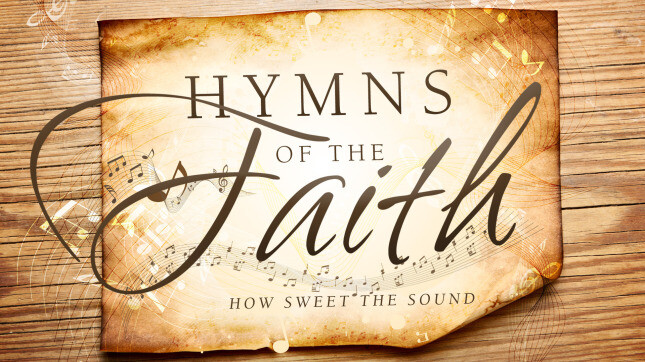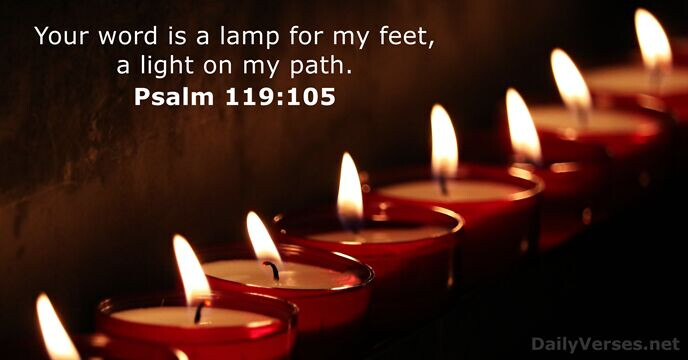
From a historical perspective, Christianity didn’t start with Jesus’ birth, his death or even his storied ascension to heaven. It started with Pentecost — the day the “Holy Spirit” entered a room holding Jesus’ apostles and entered each of them, an event which — as my minister uncle tells me — “makes the church the church.”
Although Pentecost is chock full of religious significance, it is a holiday not widely celebrated. Sort of the opposite of Hanukkah, which is widely celebrated but not religiously important. My uncle says Pentecost is a bigger deal in liturgical churches, which follow a formal, standardized order of events (like Catholics). “Non-liturgical” refers to churches whose services are unscripted (like Baptists).
Back Story: At his Last Supper, Jesus legendarily instructed his 12 disciples to go out into the world to minister and heal the sick on their own. It was at that point that they became “apostles.” Fifty days after Jesus’ death, as the story goes, the Holy Spirit (part of the Holy Trinitity — God the Father, God the Son and God the Holy Spirit ) descended onto the apostles, making them speak in foreign tongues. This “Pentecostal” experience allowed the apostles direct communication with God, which signaled a major shift in the religious landscape and laid the foundation for what would become Christianity. You’ll notice that the disciples are always depicted in artwork as regular-looking men while the apostles are depicted with halos around their heads. (Several other apostles came later — namely the famous Paul who is credited with writing much of the New Testament.)
Although all the original 12 apostles are important, some get top billing. Here’s why:
- Peter (also called Simon Peter) established the first church in Antioch and is regarded as the founding pope of the Catholic church. Instrumental in the spread of early Christianity, Peter was said to have walked on water, witnessed the “Transfiguration of Jesus” and denied Jesus (for which he repented and was forgiven.) The Gospel of Mark is ascribed to Peter, as Mark was Peter’s disciple and interpreter.
- John also is said to have witnessed the Transfiguration of Jesus and went on to pen the Gospel of John, the Epistles of John and Book of Revelation. He died at age 94, having outlived the other apostles — all of whom, according to legend/history/whatever, were martyred. John is often described as “Jesus’ favorite” and depicted as the disciple sitting to Jesus’ right at the Last Supper.
- Thomas (“Doubting Thomas”) is best known for questioning Jesus’ resurrection when first told of it. According to the Bible, Thomas saw Jesus himself several days later and proclaimed “My Lord and my God,” to which Jesus famously responded: “Blessed are they that have not seen, and yet have believed.” (John 20:28.)
via Pentecost is this Sunday. What the heck is Pentecost?.



